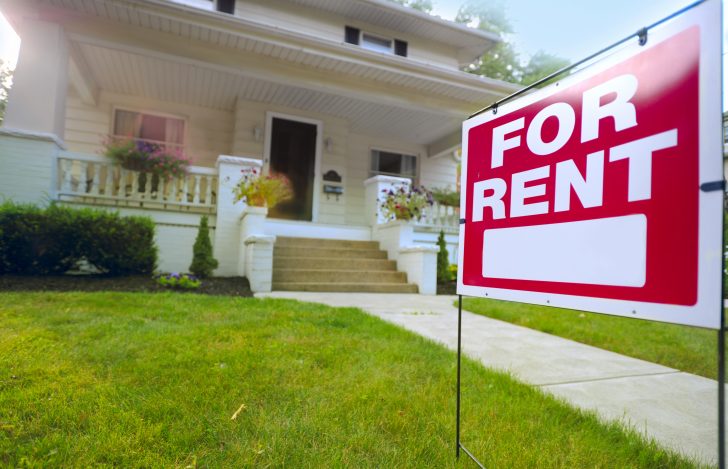A Look at Legal and Illegal Rent Increases

08Jun
A Look at Legal and Illegal Rent Increases
Under San Francisco rent control laws, rent increases are limited for tenants in most residential units. However, a landlord can increase rent to market rate if a tenant is not a "tenancy in occupancy." Read on to learn what this means for allowable rent increases and how that could affect your tenancy.
What Does Tenant in Occupancy Mean?
Under the San Francisco Rules and Regulations, a tenant in occupancy refers to an individual who actually resides in the rental unit as their "principal place of residence" and has the right to occupy the unit (with the exclusion of others) by one of the following:
- Written or oral agreement
- If you're a subtenant who was approved by the landlord
- If you have a tenancy at sufferance: this is an agreement where you can legally live on the premises after your lease term has expired
In this case, occupancy doesn't mean that you have to be physically there at all times or continuously. If you have to care for a sick relative or have to be away for work purposes, for instance, this would be acceptable as a reasonable absence. However, the unit must be your usual place of return.
Additionally, a tenant could have more than one "place of residence." For instance, you could rent two units in the same building, go back and forth between the two of them and both of them could be considered your principal place of residence.
If your landlord wants to raise your rent based on this aspect of the law, they must first file a petition with the San Francisco Rent Ordinance Rules and Regulations. After they have filed, the Board will determine whether you're a tenant in occupancy.
How to Establish a Tenant in Occupancy
In order to determine whether you are considered a tenant in occupancy, the San Francisco Rent Board will consider the total circumstances of the case, including, but not limited to the following factors:
- If the apartment is listed as your place of residence on any motor vehicle registration, driver's license, voter registration, or with any other public agency, including any federal, state, and local taxing authorities
- If any of your utilities are billed to and paid at the unit
- If you keep your personal belongings at the unit or if you keep them somewhere else
- If you filed a homeowner's tax exemption at another property
- If the unit is the place where you normally go back to after reasonable temporary absences, including family emergency, hospitalization, military service, travel necessitated by work or school, vacation
- If there is credible testimony from individuals with personal knowledge or credible evidence that you actually occupy the rental unit as your principal place of residence.
Because the Board considers the entirety of the conditions, if there is just one element present, it shows less credibility to establish a "principal place of residence" as opposed to a compilation of them.
Wondering if a Rent Increase is Legal? Check with an Experienced Attorney
This is just one part of the law that affects the landlord's ability to increase rents. There are other regulations, emergency orders, and laws that can weigh in on whether your landlord can increase your rent at a given time. If you suspect that your landlord isn't playing fair, we can help. Turn to an experienced Wolford Wayne tenants' rights attorney who can assist you with navigating this tricky terrain. Contact us immediately to get started.
Related Posts You Also May Like
Get Started
For more information or to discuss your legal situation, call us today at (415) 649-6203 for a phone consultation or submit an inquiry below. Please note our firm can only assist tenants residing in San Francisco, Oakland & Berkeley.





